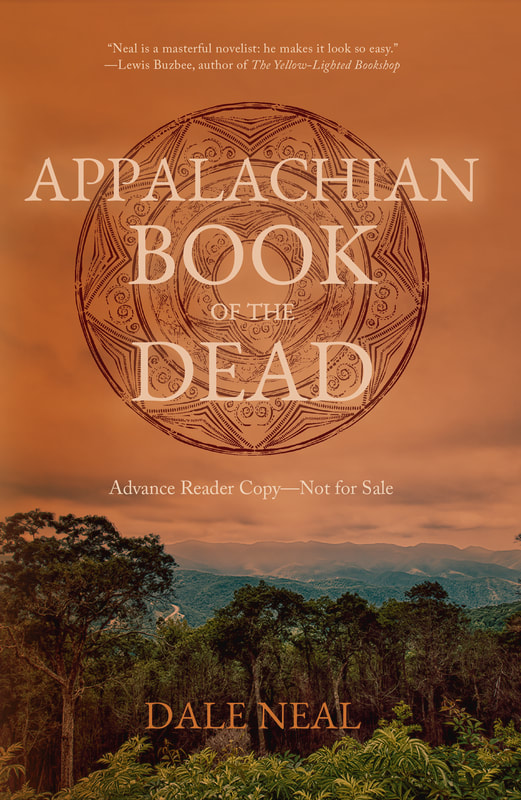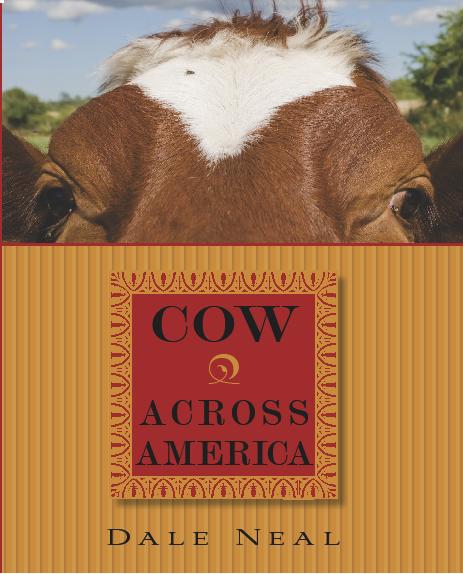 I wrote the following piece back in 2010 just as winter was wrapping up, but the recession was still hitting our region hard. This op-ed essay took on a life of its own, handed around workshops by Erin Stalcup out at Warren Wilson College, and even finding mention in Mars Hill Universitiy professor Kathryn Newfont's prizewinning study "Blue Ridge Commons." Four years later, it's sad how little has changed. A long hard winter is finally over if you simply count the days of the calendar, but hard times haven't ended in our country. I was reminded of that when I took to the woods recently. With the first Sunday warming into the '50s in between our seemingly endless snowstorms in January and February, my Golden Lab, Pearl, was eager to get out, and I'd been feeling the cabin fever, trapped indoors far too long. Climbing the Daniel Ridge Trail in the Pisgah National Forest, Pearl and I made steady time through the mud, then higher up into the melting snow. Continuing up the adjoining trail to Farlow Gap, the drifts got deeper and I stopped to strap on some gaiters to keep the snow out of my boots. Pearl and I weren't alone. I could see a series of footprints pointing out the trail underfoot. We soon found him coming down the trail, a man in a thin coat with a green canvas sack on his back. He had on boots, but his jeans were soaked to the knees. In broken English, he asked if Pearl was friendly. My Lab has no bite, just all bark, and she was licking at his hand by this time. "Seen any galax?" he coughed, evidently sick with a cold. "Seems like you got the wrong season," I said. All around us, the ridges were draped with white. Galax was out there, but it was anyone's guess where under eight inches of snow. We parted, and about a mile up toward the Art Loeb Trail, I came across his partner, another Hispanic man with soaked jeans and an empty sack. "Your partner's just ahead," I pointed back down the trail. Both men seemed a little scared of my dog, but even more rattled by the unfamiliar woods they found themselves in. I had to wonder what deeper anxiety drove them up the mountain that day, perhaps fears about a family going a little hungry or without warm clothes or paying the bill to keep the lights on in a little mobile home in a trailer park. That was the last we saw of them that day. I don't know if those two men had a permit to pick galax, which is now required in the National Forest. I don't know nor really mind if they had legal papers to be in our country. All I know is they seemed desperate enough to hike miles through the snowdrifts for a few plants that would pay only pennies per leaf, if they could find them. Later, I called up Jeanine Davis at the North Carolina Horticultural Research Station in Fletcher, the area's premier expert on most every herb growing wild in our mountains. The payoff isn't that much, she confirmed. Galax, an evergreen perennial used as decoration by florists, only fetches about a few pennies per leaf on the wholesale market. Some dealers may pay as much as $1.85 for 25 leaves, Davis said. But Davis sees more and more folks are taking to the woods, trying to scrounge a few dollars. "They're underpaid or unemployed, so they're going back to old traditions. The only problem is where people are pulling up the whole plant, instead of just picking the leaves. They're causing a lot of damage," Davis said. Those old traditions and the desperation that sometimes drives them came up again for me, reading Ron Rash's story collection, "Burning Bright." In one story titled "Hard Times," set in the Great Depression, Rash spins a tale about a mountain family gathering galax to keep food on the table. The story's main character catches one of the starving children stealing eggs from his henhouse. How he catches her provides the hook and sharp horror of Rash's story. In the end, the man lays himself down to a restless sleep. "He tried to imagine a place worse than where he was." The calendar may have turned to spring, but the hard winter of our American discontent and the effects of the Great Recession aren't past for many folks. When I think of the Great Depression, I automatically see Walker Evans' searing portraits of Alabama sharecroppers, their worn faces showing the toil of poverty, of hard times. In the Great Recession, I'll carry the portrait of two galax gatherers, poorly clothed against the snow, coming back down empty−handed.
3 Comments
6/9/2019 07:22:42 pm
A writer always ensures that every story is truly entertaining and he ensures that it will leave a great message to the readers. People will be amazed about the different turns of the story and how these characters will make an impact and great contribution to the twist of the story. I just know that one day all of the readers out there will make a dedication for their favorite authors.
Reply
2/7/2024 01:33:20 pm
Connect with fellow collectors through online forums, social media groups, and local meetups. Networking with other enthusiasts provides opportunities to share knowledge, trade items, and build friendships within the collecting community.
Reply
6/3/2024 02:15:55 pm
Battery life improvements have been a critical advancement in vape technology. Early devices required frequent recharging, but modern vapes feature powerful, long-lasting batteries that provide extended use.
Reply
Leave a Reply. |
Dale NealNovelist, journalist, aficionado of all things Appalachian. Archives
April 2023
Categories
All
|
|
© Dale Neal 2012. All rights reserved.
|
Asheville NC Contact
|




 RSS Feed
RSS Feed